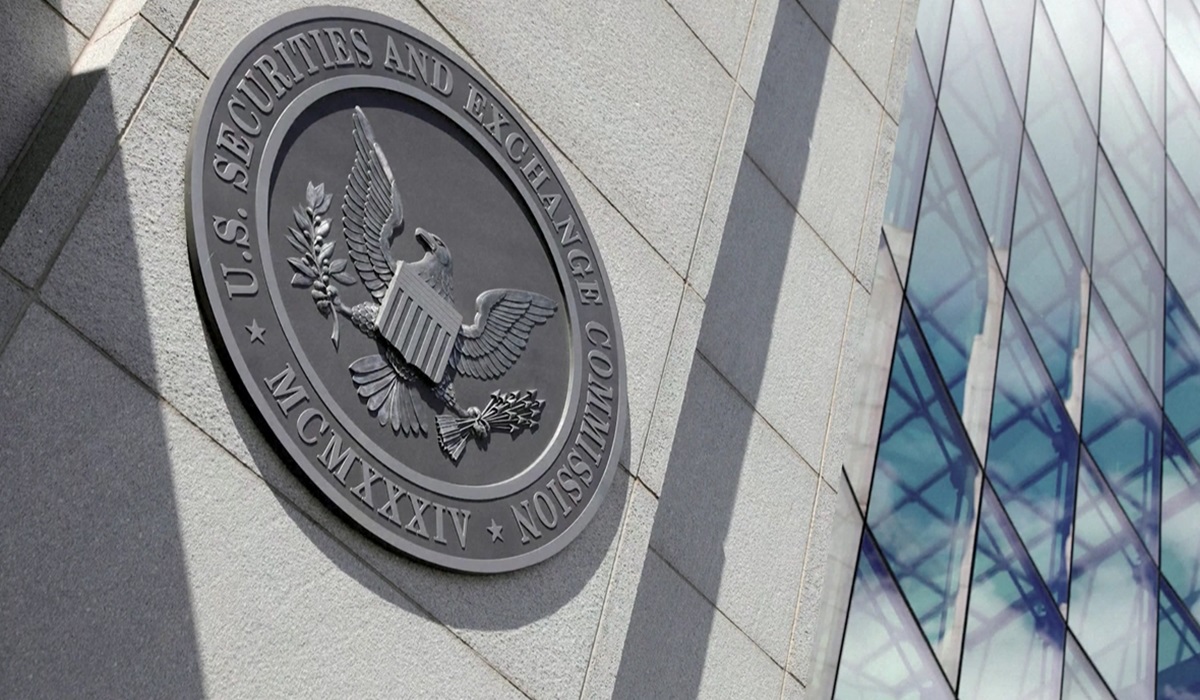The U.S. Securities and Exchange Commission (SEC) has granted approval for spot Bitcoin exchange-traded funds (ETFs), a significant development for the cryptocurrency market. This move marks a significant milestone for the industry, opening up new avenues for retail investors to gain exposure to the world’s most popular cryptocurrency. The approval comes after more than a decade of resistance from the U.S. securities authority, signaling a shift in perception and regulation.
Among the 11 approved trading partners, prominent financial institutions such as BlackRock, Fidelity, Invesco, and VanEck are set to float these funds. The selection of these companies is not arbitrary; rather, it reflects a strategic move by the SEC to entrust established and reputable financial entities responsible for managing and overseeing these investment vehicles. This approach aims to instill confidence in investors and mitigate market distortions and potential fraud concerns.
The approval of spot Bitcoin ETFs follows a long-standing reluctance rooted in concerns over market distortions and fraud within the cryptocurrency space. The regulatory body had previously raised red flags regarding the unregulated nature of cryptocurrency exchanges, exposing retail investors to significant risks. However, a notable turning point came with the successful court challenge by crypto asset manager Grayscale last year, prompting the SEC to reconsider its stance and ultimately reverse its decision.
It is worth noting that the SEC had previously approved ETF futures in 2021 and now allows investors to hold and trade digital currency directly through regulated financial instruments. The move is expected to address the concerns of retail investors who were previously hesitant to navigate the uncharted waters of unregulated cryptocurrency exchanges, often burdened with significant fees.
Bitcoin, known for its price volatility, has been a point of contention for regulators and investors alike. However, the approval does not eliminate the inherent risks; it brings the cryptocurrency into traditional financial markets, subjecting it to the oversight and regulations that govern established investment vehicles. This move is expected to reduce the perceived risk and insolvency and attract a broader range of investors.
While the SEC’s approval signals progress, it does not negate the importance of ongoing efforts to combat fraud, scams, and market manipulation in the cryptocurrency space. Regulatory authorities will likely intensify their scrutiny to ensure that investor protection measures are in place and that the market operates with integrity.









